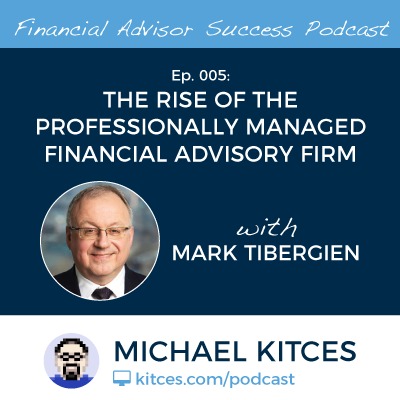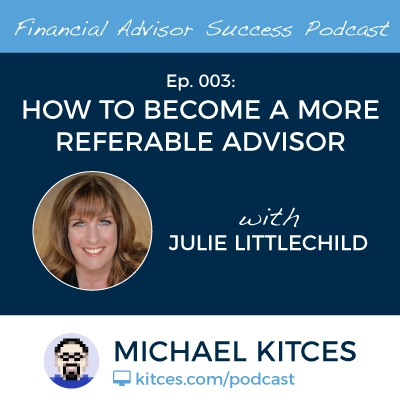
Monte Carlo analysis has become a common standard amongst financial advisors for evaluating the health of a prospective retiree's spending plan in retirement. And while the framework itself may be a rigorous way to look at a wide range of potential outcomes, there's one big problem: it's difficult to know how to interpret the results, and what to do with a scenario like a "95% probability of success". Who wants to risk being part of the other 5%?
In this guest post, Derek Tharp – our new Research Associate at Kitces.com, and a Ph.D. candidate in the financial planning program at Kansas State University – delves into behavioral biases and challenges that influence our ability to interpret the results of a Monte Carlo analysis, and in particular the so-called "wrong-side-of-maybe" fallacy.
The wrong side of maybe fallacy refers to our tendency to interpret a projection as "wrong" if the outcome is inconsistent with the most likely outcome forecasted, and can quickly interfere with the proper interpretation and understanding of probabilistic forecasts. Because unfortunately, we have a tendency to try and evaluate the accuracy of a forecast based on a single outcome - if there's a 95% probability of success, and it turns out to be a failure, the forecast must have been "wrong" - even though in reality, the accuracy of probabilistic forecasts can only be evaluated over a series of multiple outcomes (i.e., to see if a 95% probability of success is really success in 19 out of 20 attempts, on average).
Of course, when working with retirees, the reality is that they do only get one shot at retirement. Which means it's unlikely that advisors are going to encounter retirees who are sympathetic to the nuances of proper probabilistic interpretation if their retirement is turning out poorly! Furthermore, the wrong side of maybe fallacy isn't the only psychological barrier to properly interpreting Monte Carlo analysis. Behavioral research suggests that when clients are asked to express their comfort level with a particular Monte Carlo probability of success, rather than giving a response that answers the question at hand, they may be substituting in an expression of their intensity of feelings regarding failure instead. In other words, a retiree's indication of their comfort with a 90% probability of success may actually be an expression of how much they dislike the idea of 10% outcome (e.g., running out of money in retirement) rather than their actual willingness to tolerate the 10% risk of it occurring.
Fortunately, there are steps advisors can take to help retirees avoid misinterpretation of Monte Carlo analysis. From re-evaluating terminology – such as framing Monte Carlo analysis in terms of probability of "adjustment and excess" rather than "success and failure" – to emphasizing the importance of ongoing planning, and using "squishy" language to guard against clients being overly critical in their interpretation of an advisor's advice. Ultimately, if advisors want to help retirees make better decisions when evaluating Monte Carlo analyses, the cognitive and behavioral biases which may interfere with proper interpretation should not be ignored!



 Welcome back for the fifth episode of the Financial Advisor Success podcast!
Welcome back for the fifth episode of the Financial Advisor Success podcast!

 Welcome back for the fourth episode of the Financial Advisor Success Podcast!
Welcome back for the fourth episode of the Financial Advisor Success Podcast!


 Welcome back for the third episode of the Financial Advisor Success podcast!
Welcome back for the third episode of the Financial Advisor Success podcast!
 Welcome to the second episode of the Financial Advisor Success Podcast!
Welcome to the second episode of the Financial Advisor Success Podcast!
